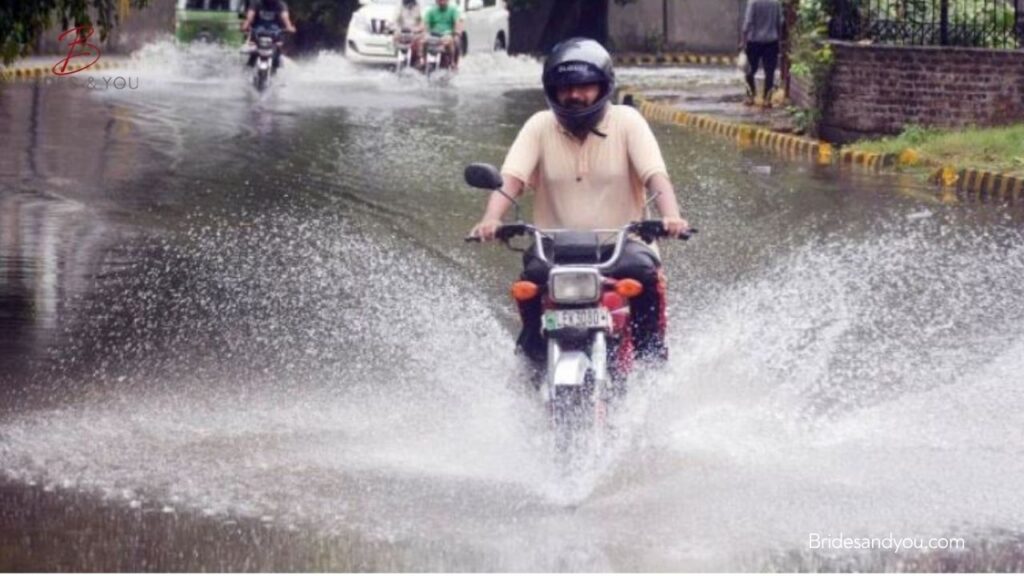Now Reading: Intense Monsoon Rains and Flooding Devastate Punjab, Pakistan
-
01
Intense Monsoon Rains and Flooding Devastate Punjab, Pakistan
Intense Monsoon Rains and Flooding Devastate Punjab, Pakistan

Punjab is facing one of the worst flood crises in recent history as intense monsoon rains in Punjab continue to wreak havoc. Authorities have issued fresh evacuation warnings to people living in low-lying areas near the Chenab, Sutlej, and Ravi rivers. The Pakistan Meteorological Department has also warned of more heavy downpours in the coming days, with southern Punjab expected to face the most impact.
The rainfall has already caused severe flooding across villages and farmlands, leaving thousands stranded without food, shelter, or safe passage. The situation has escalated to an alarming level, forcing authorities to call in helicopter operations for emergency rescues.

Punjab Flood Evacuation Warnings Near Chenab, Sutlej, and Ravi Rivers
The provincial government has issued new evacuation orders for communities living close to the swollen rivers. In Multan, where the Sutlej and Chenab rivers converge, floodwaters breached several embankments and inundated dozens of villages.
Reports from Jalalpur Pirwala indicate that nearly half a million people are trapped in submerged villages. With limited rescue boats available and bad weather hampering helicopter flights, rescue efforts remain highly challenging. Families are stranded on rooftops, waiting for help.
Monsoon Floods Destroy Villages and Farmland
The devastating monsoon floods have washed away entire villages, homes, and agricultural lands. For a region where farming is the main source of livelihood, the destruction of crops has created an additional crisis. Punjab’s farmland, which provides food for millions, is now under water.
Flood victims are not only dealing with displacement but also with the fear of food shortages in the near future. Experts believe that climate change has intensified the monsoon system, making such extreme weather events more frequent and destructive.
Multan and Jalalpur Pirwala Among Worst-Hit
In Multan, breaches in embankments have left entire communities submerged. Jalalpur Pirwala is among the worst-affected areas, where residents have lost homes, crops, and livestock. Tragically, at least five lives were lost when a rescue boat capsized while carrying 30 people.
Rescue workers are struggling with limited resources, while thousands remain in urgent need of evacuation, food, and shelter.
India-Pakistan Water Alerts Amid Rising Floods
Adding to the crisis, India has issued warnings to Pakistan about high water levels in the Sutlej River. However, these alerts are now shared through diplomatic channels instead of the Indus Waters Treaty, as India withdrew from the agreement earlier this year.
Experts say that global warming has worsened the intensity of monsoon rains, and both India and Pakistan are suffering from its impact. The shared Punjab region on both sides of the border is reeling under massive destruction caused by floods.
Conclusion: A Humanitarian and Climate Crisis
The ongoing floods in Punjab are not just a natural disaster but also a humanitarian crisis. Thousands of families are displaced, livelihoods have been destroyed, and rescue operations remain inadequate. With climate change intensifying the monsoon season, Pakistan faces the urgent need to strengthen disaster management and invest in climate resilience to protect vulnerable communities in the future.













